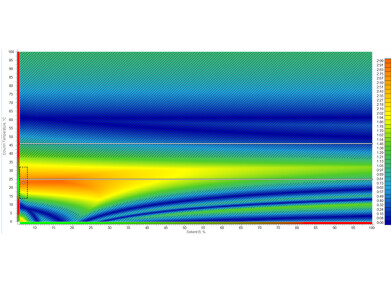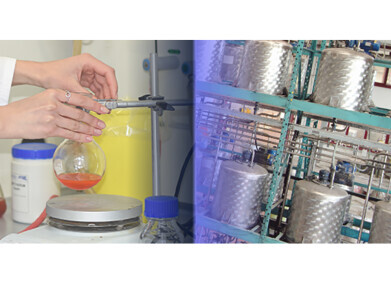-
 Faulty clinical laboratory IT solutions may still work using quantum computing
Faulty clinical laboratory IT solutions may still work using quantum computing
IT solutions
Quantum clinical laboratory IT solutions 'could work while faulty'
Nov 10 2010
Scientists have, for two decades, been trying to build functional quantum computers; however, the process has proved difficult due to concerns about the fragility of the systems.
But a new breakthrough could see working clinical laboratory IT solutions and other computing environments built using quantum theory become more practical.
"Quantum computers should be much easier to build than previously thought, because they can still work with a large number of faulty or even missing components," the academic institution reveals.
The theoretical research implies that up to 25 per cent of the data from a quantum computer could be lost and replaced by looking at the qubits surrounding the gaps.
Ranked third in European league tables, Imperial College London was founded in 1907 and has more than 13,000 full-time students.
Digital Edition
Lab Asia Dec 2025
December 2025
Chromatography Articles- Cutting-edge sample preparation tools help laboratories to stay ahead of the curveMass Spectrometry & Spectroscopy Articles- Unlocking the complexity of metabolomics: Pushi...
View all digital editions
Events
Jan 21 2026 Tokyo, Japan
Jan 28 2026 Tokyo, Japan
Jan 29 2026 New Delhi, India
Feb 07 2026 Boston, MA, USA
Asia Pharma Expo/Asia Lab Expo
Feb 12 2026 Dhaka, Bangladesh


















